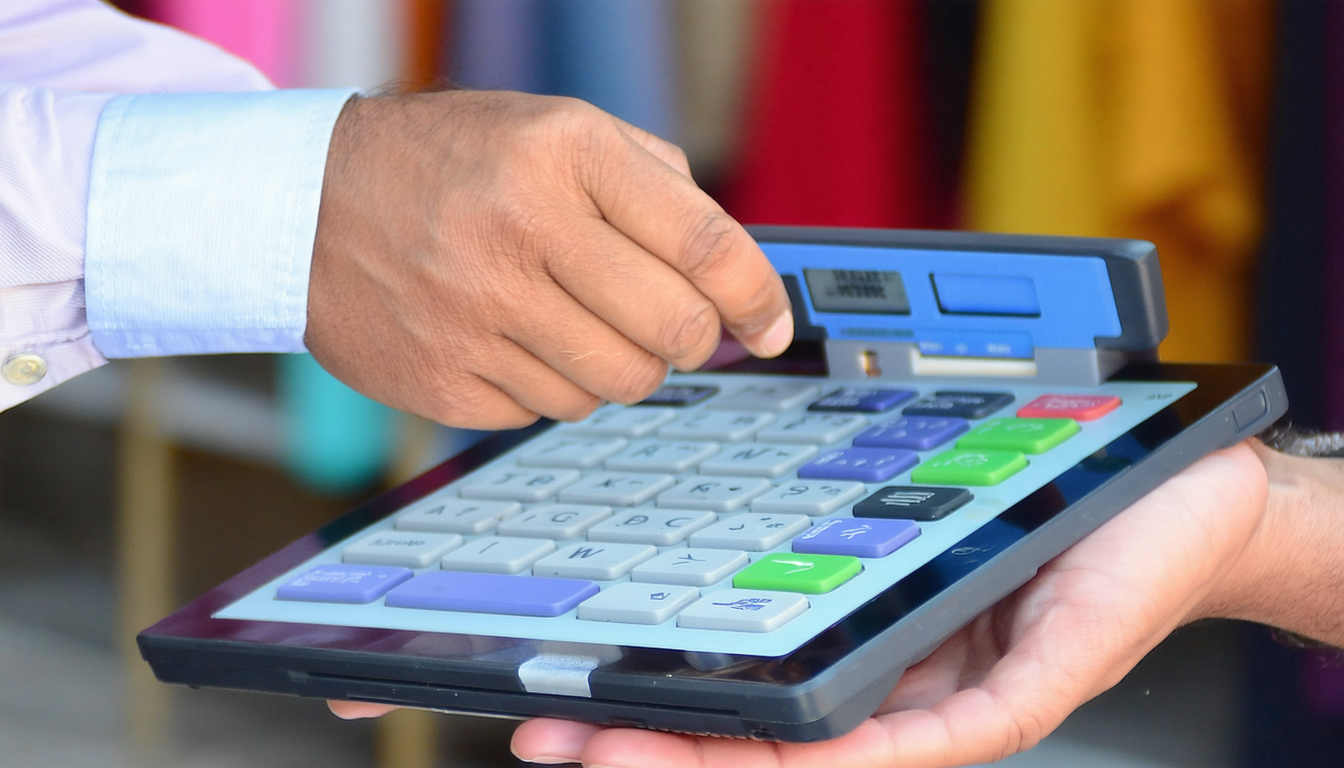Introduction
In the realm of digital governance, the Electronic Point of Sale (ePOS) system in Bihar, India, has emerged as a transformative tool for public welfare. Known as ePOS Bihar, this initiative streamlines the distribution of essential commodities through the Public Distribution System (PDS). While primarily an Indian program, its innovative approach to food security and technology integration offers valuable lessons for global audiences, including those in the United States. This article explores the latest developments, impacts, and potential takeaways from ePOS Bihar for international policymakers and tech enthusiasts.
Understanding ePOS Bihar: A Digital Leap Forward
The ePOS Bihar system is a cornerstone of India’s efforts to modernize the PDS, ensuring transparency and efficiency in delivering subsidized food grains to millions. Launched as part of the National Food Security Act, it uses biometric authentication via Aadhaar cards to verify beneficiaries at fair price shops. As of 2023, over 40,000 fair price shops in Bihar have adopted ePOS devices, serving approximately 80 million people across the state.
This digital intervention minimizes leakages and ensures that rations reach the intended recipients. The system also generates real-time data, enabling authorities to monitor stock levels and distribution patterns effectively. For a U.S. audience, this model highlights how technology can address systemic inefficiencies in welfare programs.
Impact on Stakeholders: Beneficiaries and Beyond
The implementation of ePOS Bihar has reshaped the lives of low-income families by reducing corruption in the ration distribution process. Beneficiaries no longer face issues like underweight supplies or denial of entitlements due to manual errors. A 2022 survey by the Bihar government revealed that 85% of users reported improved access to rations post-ePOS adoption.
For shop owners, the transition has been a mixed bag. While digitization reduces fraudulent practices, some struggle with technical glitches or connectivity issues in rural areas. According to Dr. Anil Sharma, a public policy expert at Delhi University, “The ePOS system is a game-changer for transparency, but its success hinges on robust infrastructure and training for local operators.”
Technological Backbone and Challenges
At its core, ePOS Bihar relies on a network of handheld devices connected to centralized servers for real-time updates. These devices authenticate users through fingerprint scans linked to Aadhaar data, ensuring accountability. However, challenges like poor internet access in remote regions and occasional server downtimes have slowed progress in some districts.
The Bihar government has responded by investing in better connectivity and backup systems. As of mid-2023, over 90% of fair price shops are equipped with alternative power sources to combat electricity shortages. This resilience offers a blueprint for U.S. states looking to digitize welfare services amidst infrastructural constraints.
Global Relevance: Lessons for the United States
While ePOS Bihar operates within India’s unique socio-economic context, its principles of transparency and tech-driven accountability resonate globally. In the U.S., where programs like SNAP (Supplemental Nutrition Assistance Program) face scrutiny over fraud and inefficiency, a biometric-based verification system could enhance oversight. However, privacy concerns surrounding data collection would need careful consideration.
Experts suggest a hybrid approach for American policymakers. “Adopting elements of ePOS Bihar, such as real-time tracking, could improve SNAP distribution without compromising user privacy,” notes Sarah Bennett, a food security analyst based in Washington, D.C. Tailoring such innovations to local laws and cultural norms could yield significant benefits.
Future Prospects and Potential Developments
Looking ahead, ePOS Bihar is poised for further enhancements, including integration with mobile apps for beneficiary feedback and grievance redressal. The state government aims to achieve 100% coverage of fair price shops by 2025, alongside plans to expand the system’s scope to other welfare schemes. These advancements could inspire similar digital reforms worldwide.
On the flip side, concerns about data security and over-reliance on technology persist. Striking a balance between innovation and accessibility will be crucial for sustained success. For the U.S., observing these developments offers a chance to preempt challenges in adopting comparable systems.
Conclusion
The ePOS Bihar initiative stands as a testament to the power of technology in transforming public welfare. By curbing corruption and enhancing access to essentials, it has uplifted millions while setting a precedent for digital governance. For American readers, it serves as a case study on leveraging tech for social good, provided privacy and equity remain priorities. As this system evolves, its global influence could reshape how nations approach food security and beyond.
Frequently Asked Questions (FAQ)
- What is ePOS Bihar?
ePOS Bihar is a digital system used in Bihar, India, to distribute subsidized food grains through the Public Distribution System using biometric authentication. - How does ePOS Bihar work?
It employs handheld devices at fair price shops to verify beneficiaries via Aadhaar-linked fingerprints, ensuring accurate delivery of rations. - Why is ePOS Bihar relevant to the U.S.?
Its focus on transparency and efficiency offers insights for improving U.S. welfare programs like SNAP through technology. - What are the challenges of ePOS Bihar?
Key issues include internet connectivity gaps, technical glitches, and the need for operator training in rural areas. - What’s next for ePOS Bihar?
Future plans include full coverage by 2025, mobile app integration, and expansion to other welfare initiatives.





